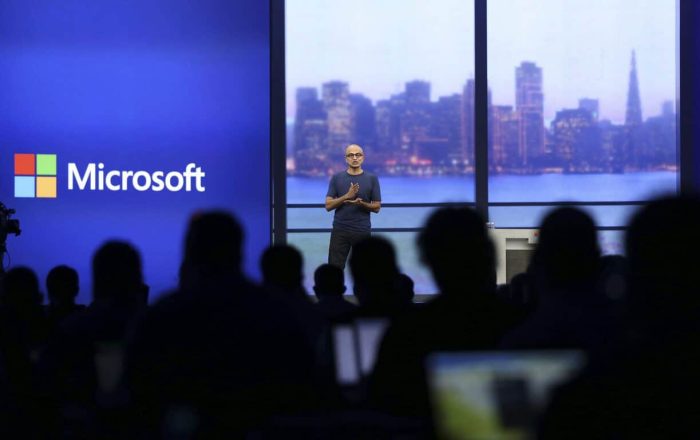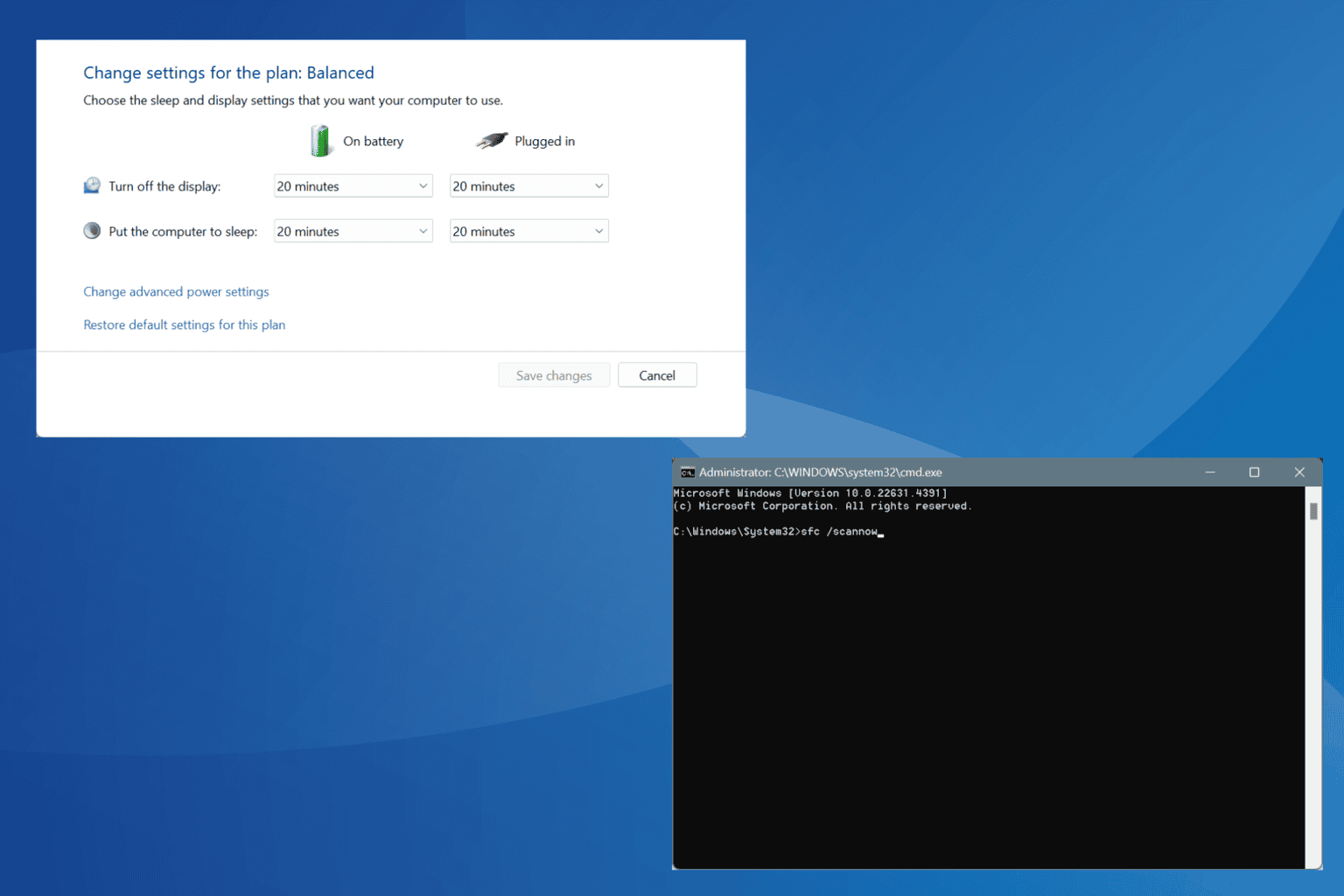Microsoft needs to focus on bigger, bolder investments
4 min. read
Published on
Read our disclosure page to find out how can you help Windows Report sustain the editorial team. Read more

Microsoft needs to focus on making bigger, bolder, and better investments in order to expand beyond Windows, failures with mobile, and set itself up to for another 40 years.
One of the big stories this past week was that Apple invested $1 billion in Didi Chuxing, a Chinese ride-sharing company that has been compared to Uber. Didi is worth around $20 billion and the terms of the deal were undisclosed, but it shows that Apple is willing to put money on the line in order to further its market position.
Microsoft is unlikely to get much from investing in a ride-sharing app, but there are other areas that would be ripe for an investment.
Last year, the company was rumoured to be investing in Cyanogen, the company behind the most popular third-party Android skin. The money, however, did not materialise and Microsoft ended up forming a partnership instead, which meant that Office, and other important apps, are now featured on over 10 million phones.
There are many things that Microsoft is not good at and investments — and partnerships, to a lesser extent — are an easy way to plug the holes.
Startups around the world are clamouring for money — especially as the V.C. funding market cools — and Microsoft has lots of it.
According to Microsoft’s most recent earnings report, the company has over $100 billion in cash, or marketable securities, on hand. That money, much of which is most likely held overseas, could be used to invest, acquire, and partner with any number of companies.
Acquiring companies, as I have argued before, would be a good way for Microsoft to expand into new markets, especially mobile, and really drive home the advantages the company has already.
Apple, while not exactly identical to Microsoft, is currently undergoing a period of intense outsider scepticism as iPhone sales fall. Investing in other companies, especially buzzy startups, seems like a good way to get out of that rut, and that is symbolised by the fact the deal took just three weeks to fully come together. In other words, Apple saw an opportunity and grabbed it.
Google has, through its venture capital arm, Google Ventures, also made some strategic bets on big-name companies like Uber, Nest, 23andMe, Slack, and many others. These companies do not do exactly what Google does, but if any of them ever IPO, get acquired, or do well for themselves then Google makes its money back and then some.
For Microsoft, this should look attractive.
There are signs that Microsoft is embracing this new area. One of Satya Nadella’s first outside hires was Peggy Johnson, who now oversees developer outreach in Silicon Valley, which is the exact place startups are located — and Microsoft should be interested.
When asked about Microsoft’s attitude towards other companies, Johnson said that “[Microsoft has] really chosen to focus on partnerships and look for areas of collaboration,” even if the company competes with what Microsoft already offers.
This new ethos, which is largely driven by Satya Nadella, gives hope to the idea that more partnerships, investments, and potentially acquisitions are coming.
Striking a balance is critical for Microsoft, which is looking to expand beyond Windows and onto every platform. Cyanogen is a good start, but there is more that could — and should — be done, especially as Lumia sales dropped 50% every quarter.
New companies, like Slack, would have been the ideal candidate for a strategic Microsoft investment: They do something Microsoft does, but better, and will likely grow into multi-billion-dollar companies which will then IPO or get acquired.
If Microsoft had been aware of Slack from the start, it could have invested or acquired it earlier on, as Microsoft executives wanted to do. Another little-known startup could provide the same thing and Microsoft needs to get ahead of that, invest, and then reap the rewards.
Johnson will likely be critical for this mission and that is why Nadella hired her so early on and has given her a wide birth within the company to what she wants.
Ultimately, Microsoft needs to invest in promising companies so that it can break out of its current situation of being behind on mobile and at risk of being outflanked by smaller, more agile companies in its key markets, like enterprise security or messaging.
There is no perfect formula to investments like this, but something is better than nothing and could, in the long run, help cement the turnaround that Microsoft executives are chasing.








User forum
0 messages